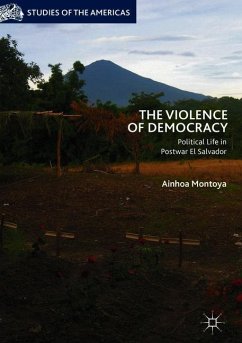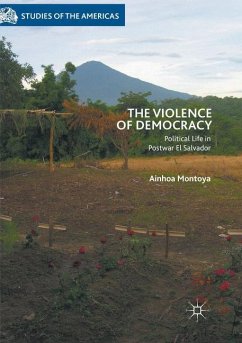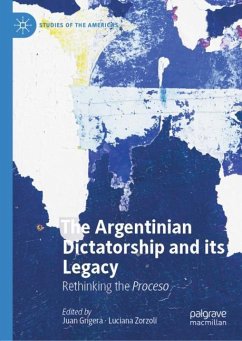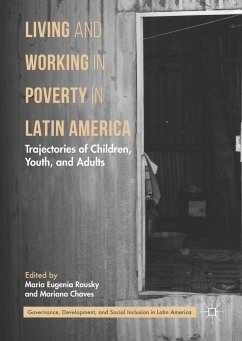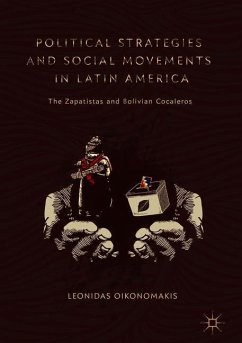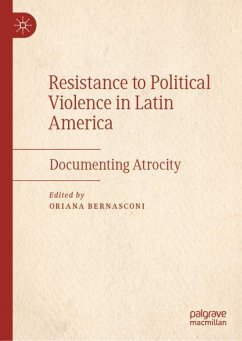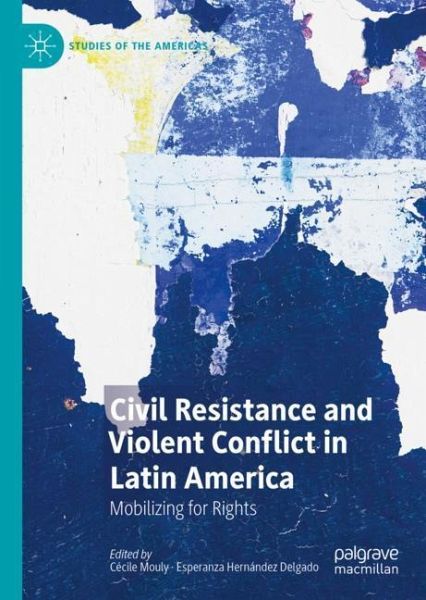
Civil Resistance and Violent Conflict in Latin America
Mobilizing for Rights
Herausgegeben: Mouly, Cécile; Hernández Delgado, Esperanza

PAYBACK Punkte
49 °P sammeln!
This book explores distinct forms of civil resistance in situations of violent conflict in cases across Latin America, drawing important lessons learned for nonviolent struggles in the region and beyond. The authors analyse campaigns against armed actors in situations of internal armed conflict, against private sector companies that seek to exploit natural resources, and against the state in defence of housing rights, to cite only some scenarios of violent conflict in which people in Latin America have organized to resist imposition by powerful actors and/or confront violence and oppression. E...
This book explores distinct forms of civil resistance in situations of violent conflict in cases across Latin America, drawing important lessons learned for nonviolent struggles in the region and beyond. The authors analyse campaigns against armed actors in situations of internal armed conflict, against private sector companies that seek to exploit natural resources, and against the state in defence of housing rights, to cite only some scenarios of violent conflict in which people in Latin America have organized to resist imposition by powerful actors and/or confront violence and oppression. Each of the nine cases studied looks at the violent context in which civil resistance took place, its modality, its results and the factors that influenced these, as well as the challenges faced, offering useful insights for scholars and practitioners alike.





